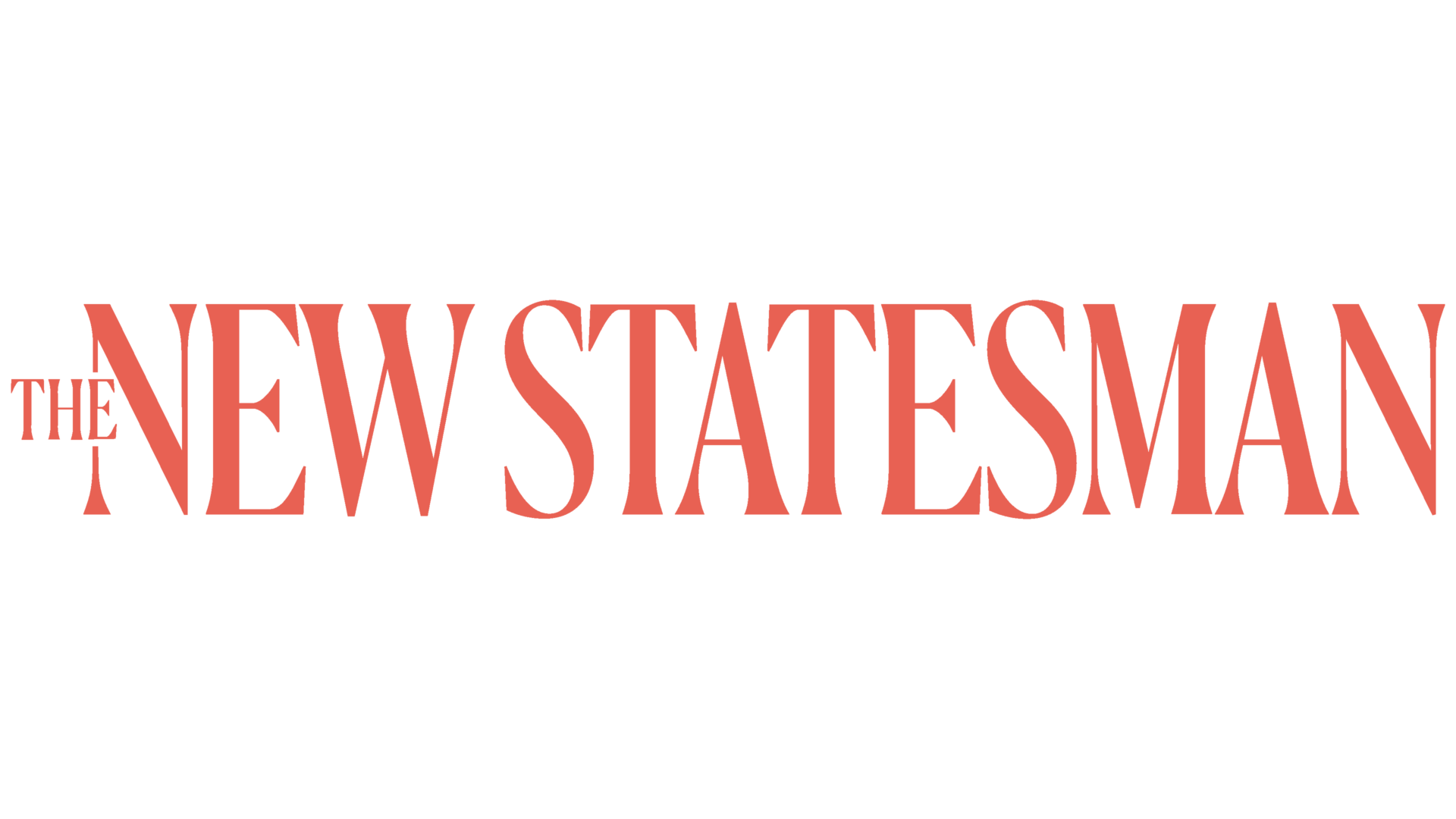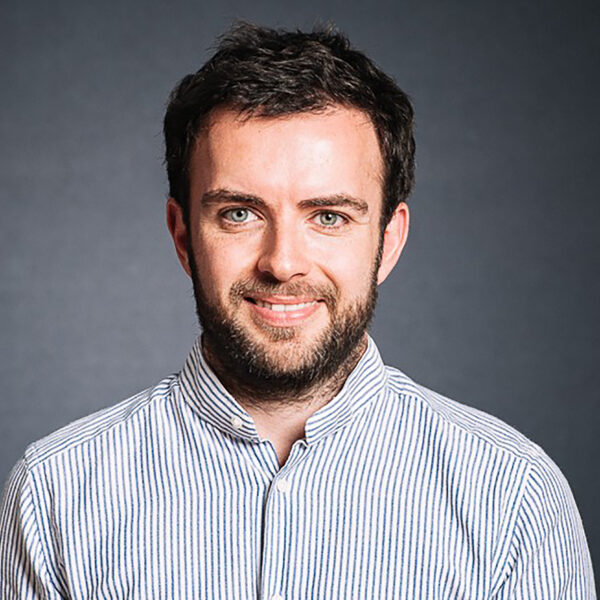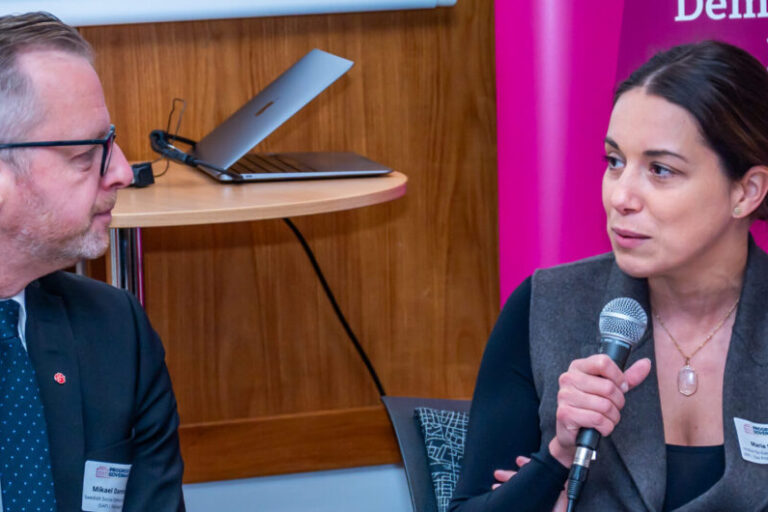On 21 February 2023, senior progressive figures and key thinkers from Germany and the United Kingdom came together for a roundtable discussion at Das Progressive Zentrum. In a confidential and informal setting, participants discussed the challenges facing progressives in both countries, electoral and campaign strategies, and what progressives from both countries can learn from each other. The event was organised in cooperation between Das Progressive Zentrum, The New Statesman (London), Progressive Policy Institute (Washington, D.C.), and the Foundation for European Progressive Studies (Brussels).
The roundtable began with an impulse by Kajsa Borgnäs (Director of Politics, Willy-Brandt-Haus) on the German SPD’s perspective on current political challenges facing Germany and what kind of messaging they demand. The impulse was followed by contributions from Claire Ainsley (Director of the Project on Centre-Left Renewal at Progressive Policy Institute and former advisor to Keir Starmer) on the situation of Labour in Great Britain and Jason Cowley (Editor-in-Chief, The New Statesman) who provided a bigger picture of the current political climate in Great Britain. The roundtable was moderated by Jeremy Cliffe (Writer-at-Large, The New Statesman).
Key Takeaways
1. It’s the infrastructure, stupid! Progressive messaging should focus on positive narratives.
Progressive narratives and messages must clearly reject notions of neoliberalism and meritocracy. Instead, a path to electoral success for social democracy lies in focusing on narratives of respect for a hard-working middle class as well as a modern and active state that addresses the insecurities of individuals and ensures economic and social stability in times of change.
2. There is a momentum for progressives to shape the messaging around an economically prosperous future for the coming decade(s).
Throughout the 20th century, there have been several occasions where a new national consensus emerged within British and German societies. With the limits of market-oriented reform policies becoming increasingly evident, there now is a window of opportunity and momentum for progressives in both countries to step in and form a new consensus around the new possibilities and responsibilities for social and economic justice in the wake of the socio-ecological transition.
3. Different party systems in Germany and the UK translate into the necessity for different messaging in order to target key electoral groups.
Social democrats in Germany will have to centre their message around delivering on the socio-economic transformation, with a particular focus on the working and middle classes – thus their traditional electoral base. By contrast, the British Labour Party faces little progressive competition and can therefore more easily address voters in a single message that centres around a socio-economic and ecological transition that prioritises the middle and working classes while also effectively combating climate change.
4. Zeitenwende significantly sped up the public conversation around investing in the armed forces and transforming the energy sector in Germany.
In Germany, the Russian invasion into Ukraine evoked difficult conversations around issues that otherwise would have most likely not been at the top of the agenda: the state of the German military forces and the energy crisis as a consequence of the country’s overwhelming dependence on Russian gas. It forced the SPD and its green and liberal coalition partners to compromise on issues on which they normally have opposing positions. For the FDP, this meant moving away from their initial budget agenda to make €100 billion available for the modernisation of the armed forces. For the Greens, this meant accepting a historic military investment – and a break with the party’s pacifist roots.
Editorial in The New Statesman
Jason Cowley published an editorial in The New Statesman based on the roundtable discussion.










